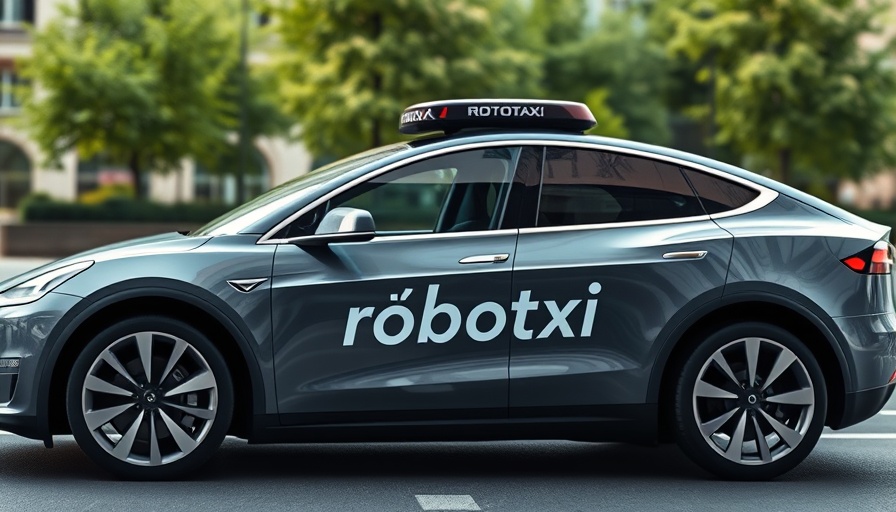
Will Your Job Survive the AI Revolution?
The rapid advancement of artificial intelligence (AI) has ignited a critical debate: which jobs will remain insulated from the grasp of machines? As students and young professionals contemplate their futures, understanding the trajectory of AI technology becomes paramount.
Understanding AI's Impact
AI is not just a buzzword; it represents a colossal shift in how industries operate. With applications spanning from automated customer service to data analysis, the evolving landscape of AI raises the question: are we truly prepared for its implications? Many experts agree that while routine tasks may eventually succumb to AI efficiency, roles demanding human empathy, creativity, and complex decision-making are less likely to face immediate danger.
The Indispensable Human Element
Jobs that require emotional intelligence, strategic thinking, and nuanced human interaction—such as therapists, educators, and creative professionals—are prime candidates for survival in an AI-dominated world. These careers rely on uniquely human traits that AI continues to stumble over. For instance, generative AI can produce content, but the richness of storytelling and the emotional connection it fosters remain challenges for machines.
Future-Proofing Your Career
A proactive approach involves embracing lifelong learning and staying abreast of AI trends. Industries that are incorporating AI, such as healthcare and marketing, will benefit from human oversight to ensure ethical use and quality outcomes. Focus on developing skills that complement AI technologies—consider courses in data analysis, digital marketing, or coding to enhance your employability.
Diverse Perspectives on AI's Role
While AI represents progress for many, it also poses risks, including job displacement and ethical concerns surrounding privacy. A balanced examination of both sides reveals the immense potential of AI in enhancing productivity, particularly in high-demand sectors. Furthermore, the key challenge is to develop guidelines for ethical AI development to address fears surrounding privacy and autonomy in the workplace.
In conclusion, as AI technology rapidly evolves, understanding its potential to displace or augment jobs is crucial. Careers grounded in creativity, empathy, and ethical oversight seem poised for survival, while those that rely on repetitive or basic analytical skills may need to adapt or innovate. Stay informed, embrace continuous learning, and leverage your human skills to remain competitive in this changing landscape.
 Add Row
Add Row  Add
Add 




 Add Row
Add Row  Add
Add 



Write A Comment